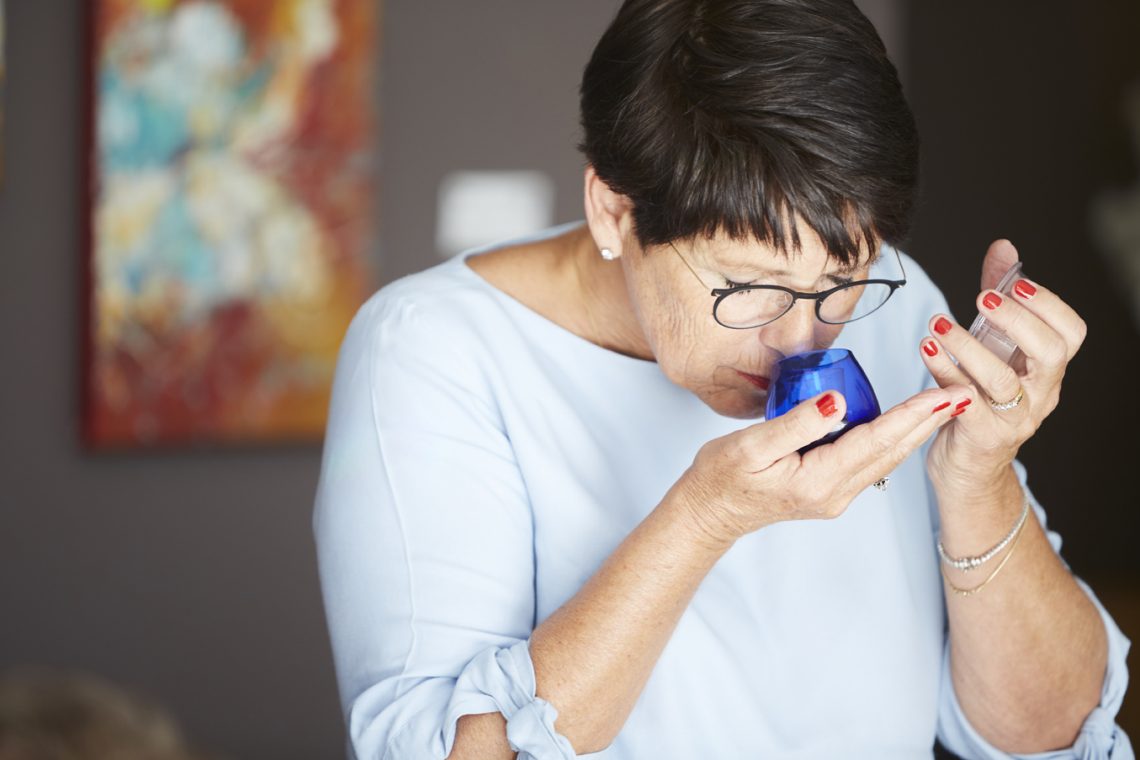Wilma van Grinsven–Padberg is an established olive oil sommelier. She is one of the first professionals to acquire this qualification, still little known to consumers, and she has used these studies to make it a profession.
For the interview click here.








